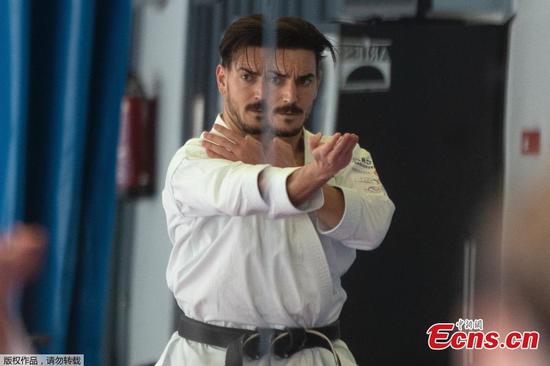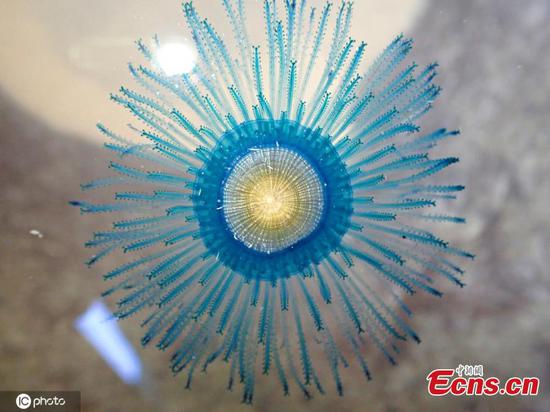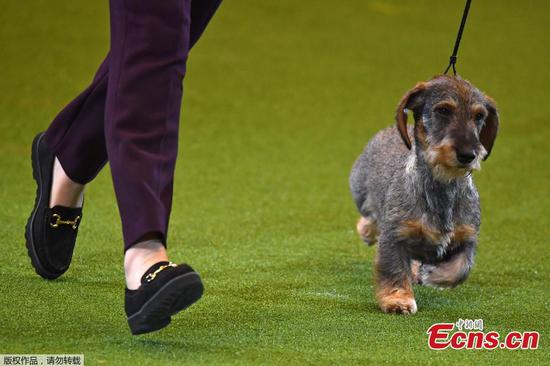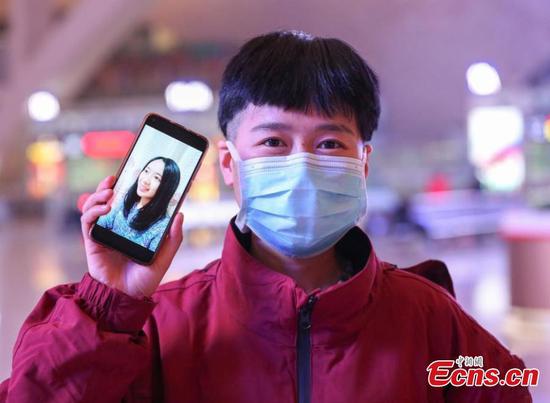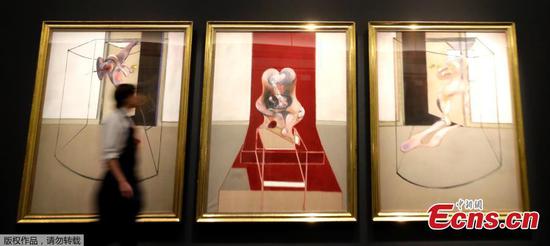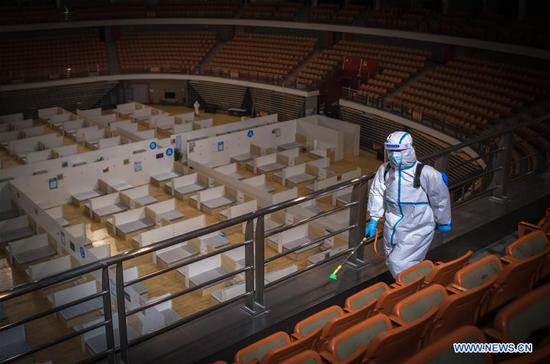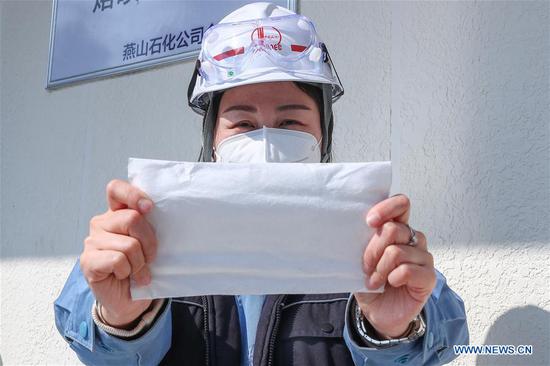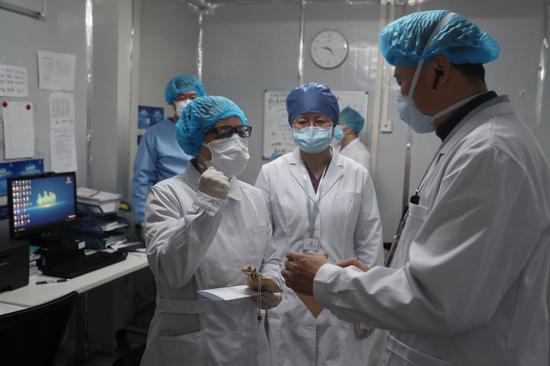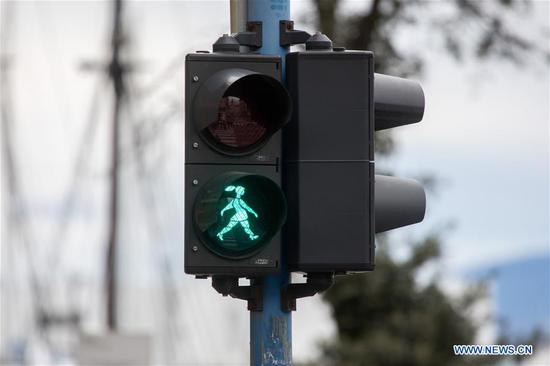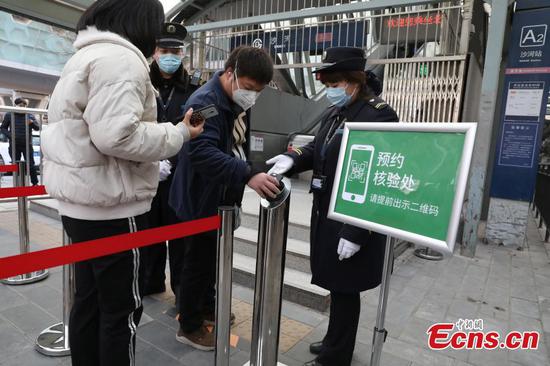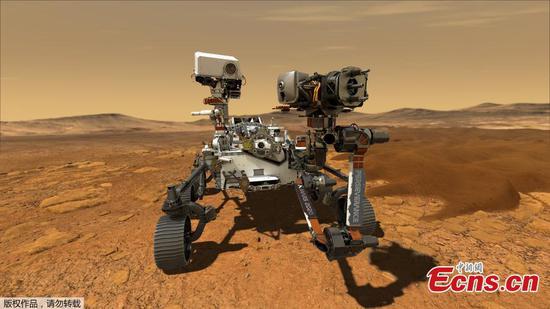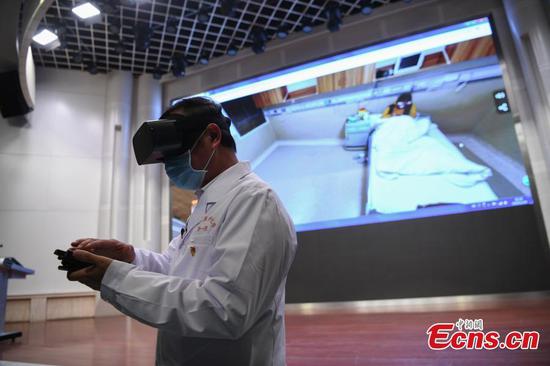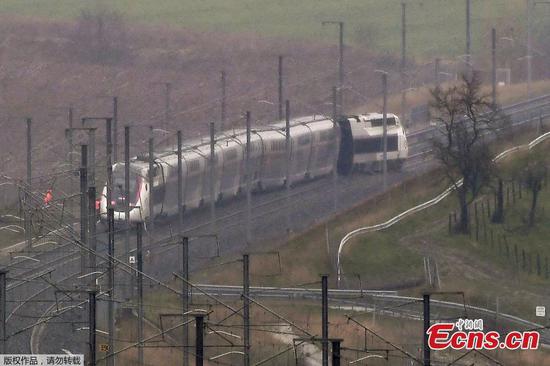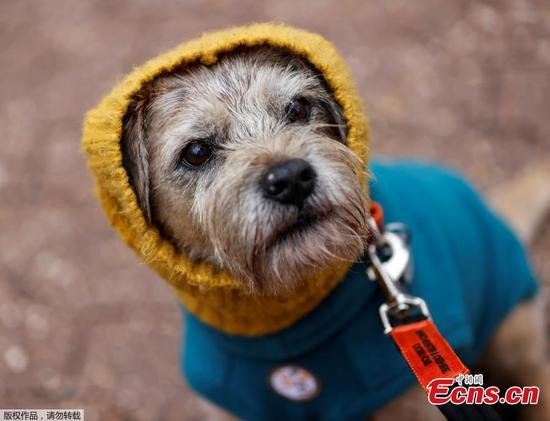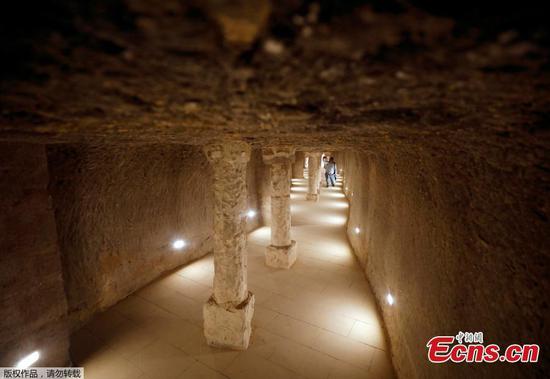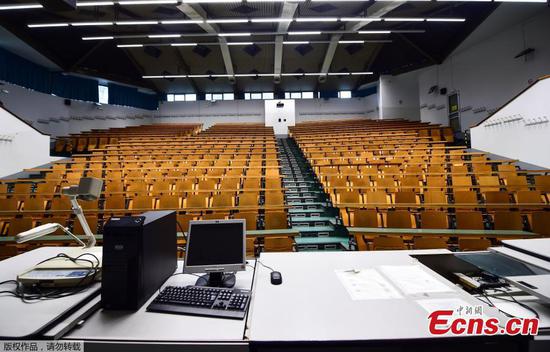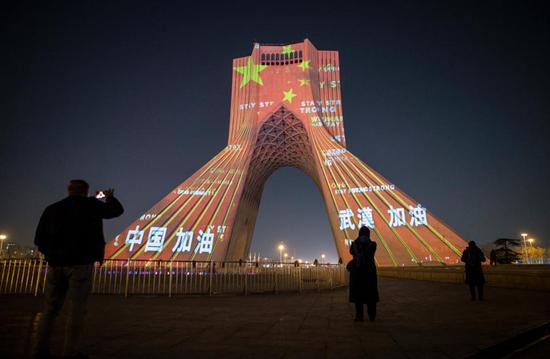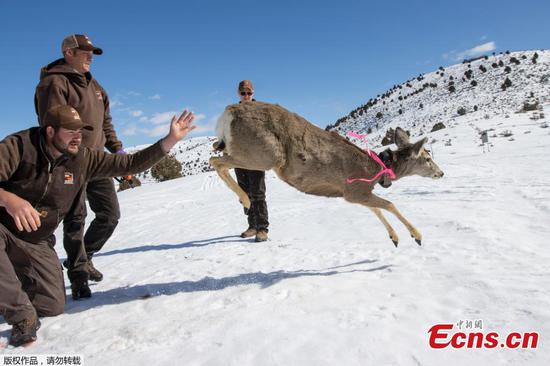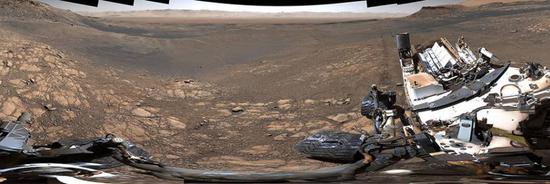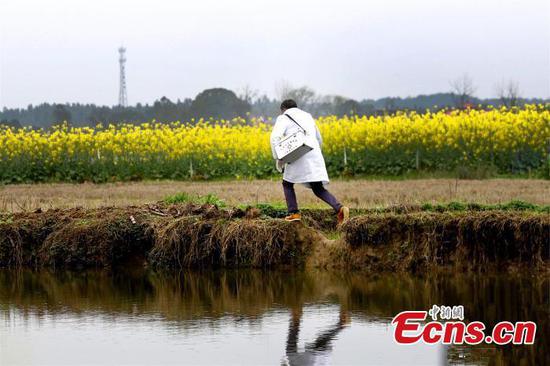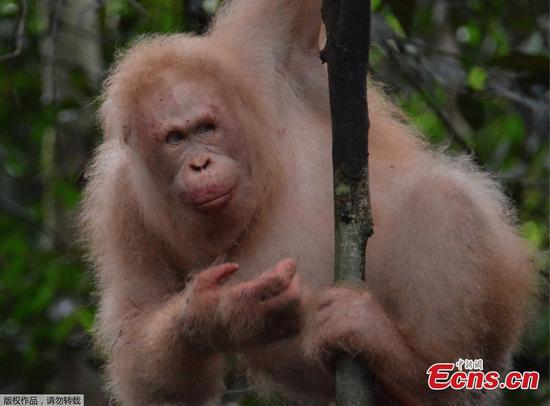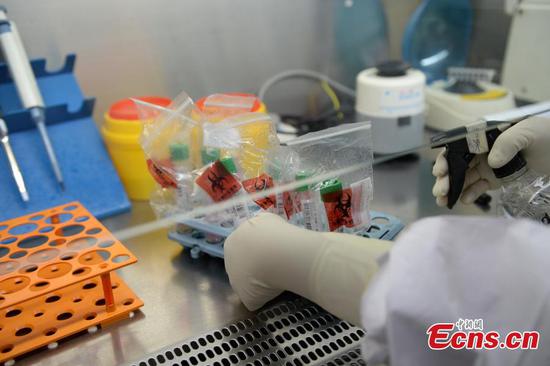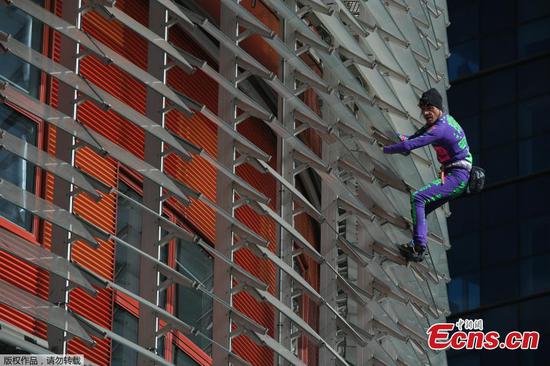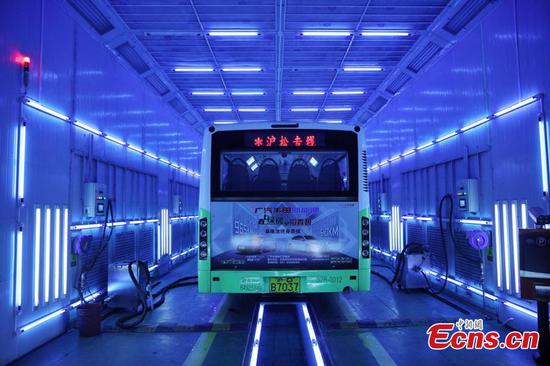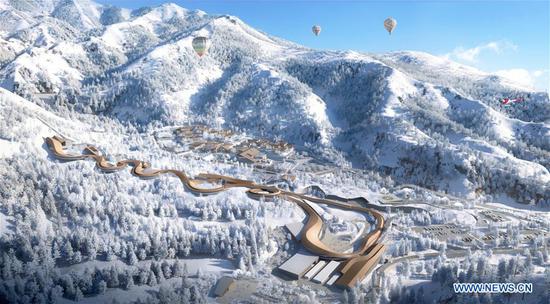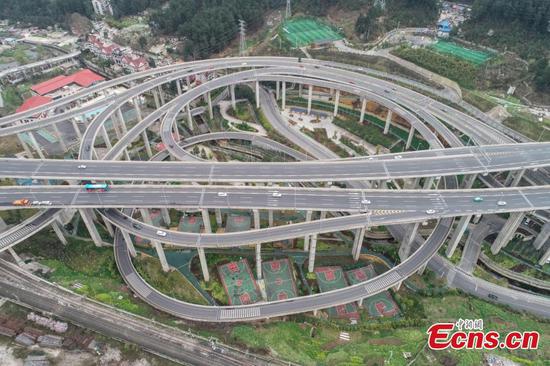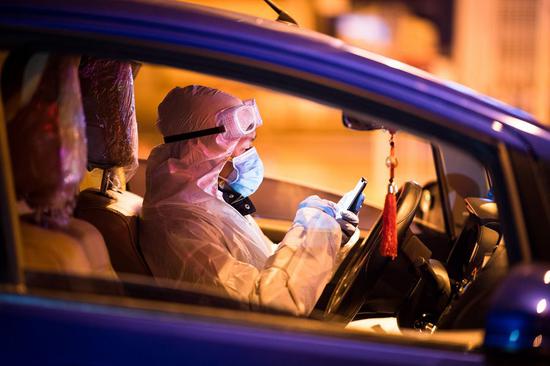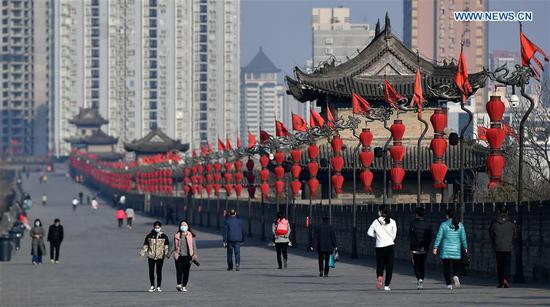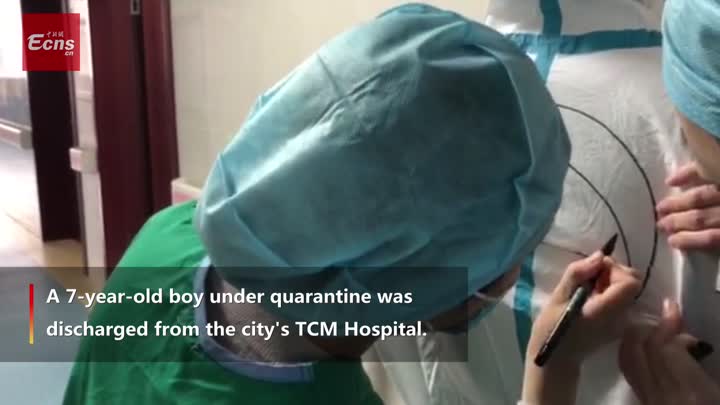
A Tesla model X is shown at the Guangzhou auto show in 2018. (Photo by Zhang Dandan/China Daily)
Electric carmaker Tesla has faced public pressure for more than a week after some of its China-made Model 3 owners complained that the autonomous driving hardware of their cars do not conform with the carmaker's official files.
A Model 3 owner surnamed Qiao in Shanghai said Tesla has promoted that the China-made Model 3 adopts Hardware 3.0 on-board computer in multiple ways.
It claims that Hardware 3.0 has a computing speed that is 21 times faster than that of its predecessor, the Hardware 2.5.
The checklist for environmental protection of Model 3 also shows that Model 3 is equipped with Hardware 3.0, reported by Economic View.
However, Qiao found his car was coupled with a Hardware 2.5 on-board computer. It's defrauding consumers, Qiao added.
On Tuesday, Tesla made a statement on the issue, citing that due to its upstream undersupply affected by the coronavirus epidemic, it adopted Hardware 2.5 computers to install on the Model 3 cars.
The carmaker said that with the recovery of its supply chain, it will change the Hardware 2.5 out for the Hardware 3.0 for its customers free of charge.
Customers must make appointments though and be patient, the company said.
Tesla also stated that if a Model 3 has not been installed the function of Full Self-Driving, better known as FSD, Hardware 2.5 and Hardware 3.0 will not make any difference in driving experience and safety.
And all the customers who ordered the FSD has got the Hardware 3.0 on their cars.
Elon Musk, CEO of Tesla, responded to this issue on Twitter on Thursday, "Oddly, those who complained didn't actually order FSD. Perhaps they weren't aware that the computer is upgraded for free if the FSD option is ordered even after delivery."
However, some owners said that Tesla is avoiding an important matter and dwelling on something trivial.
Model 3 owner Qiao said that free change of Hardware 3.0 proposed by Tesla may not only harm the new car, but also cost a lot in time and energy.
Tesla has not proposed any compensation plan for the customers' loss.
John Zeng, managing director of the LMC Shanghai consultancy, said that if true, it will be a legal issue. And it will influence Tesla's brand image.
With more big-name automakers dashing into the new energy vehicle market, forerunners should not take any business for granted, Zeng said.
Li Yixiang, a lawyer based in Beijing, told Economic View that Tesla sells cars with product information that is not consistent with the checklist for environmental protection of the model, which means it changes delivery content without informing consumers or reaching an agreement with consumers.
It is suspected of being involved in a breach of the sales contract relationship formed between the two parties.
Li suggested that car owners negotiate a settlement with Tesla or safeguard their legal rights through arbitration and lawsuits.









